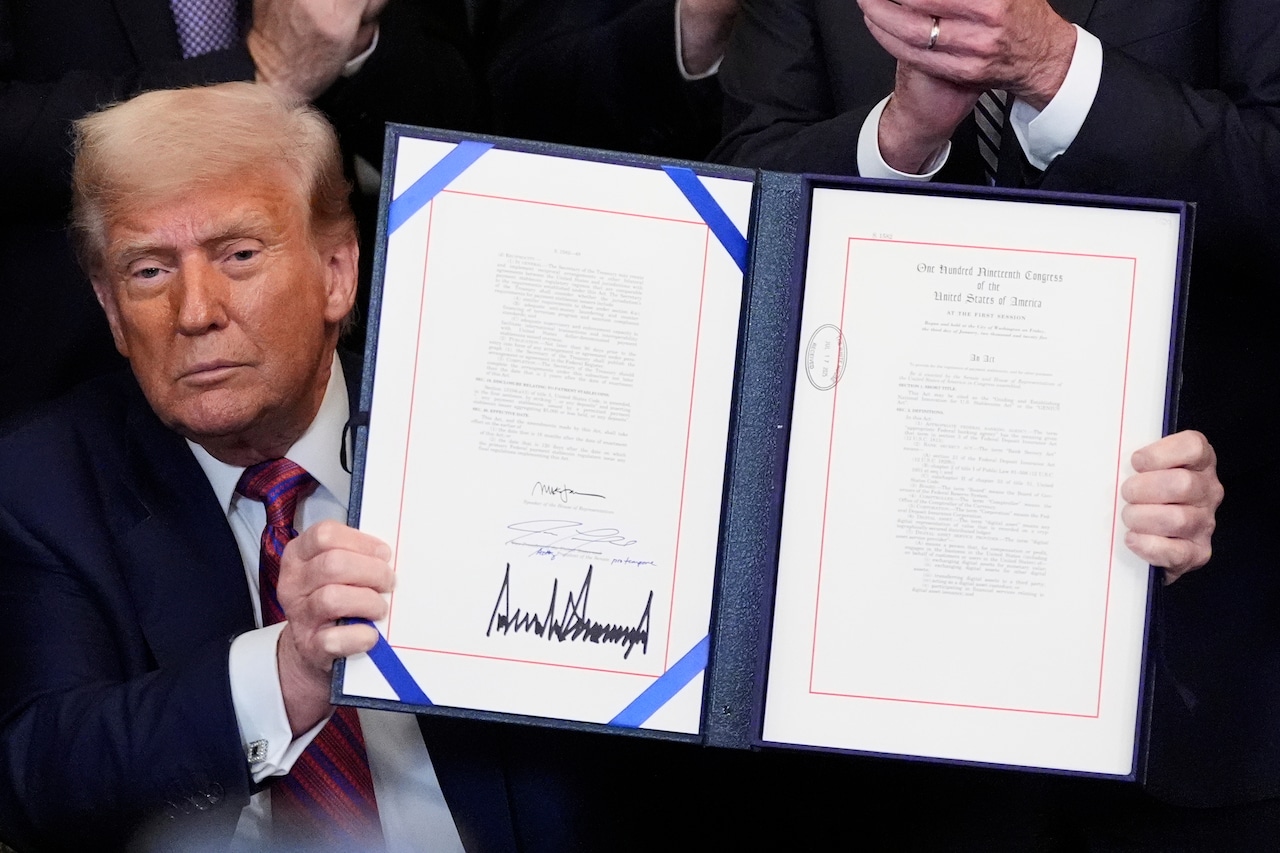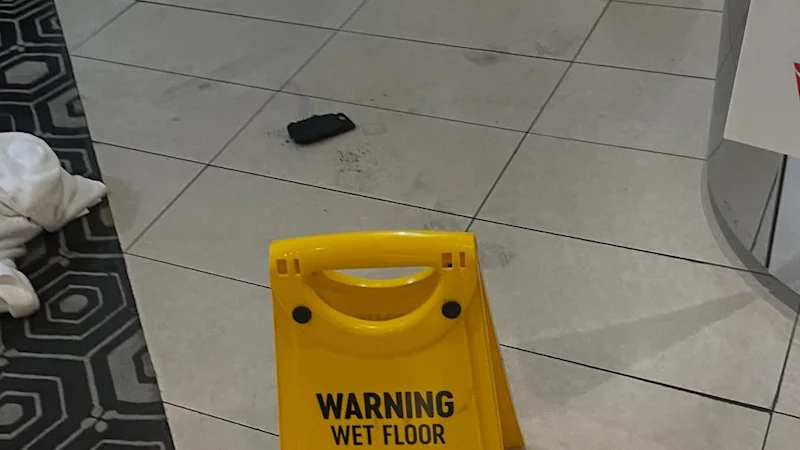Copyright Chicago Tribune

Brandon Johnson became mayor in 2023 having been a former organizer and lobbyist for the Chicago Teachers Union and promising to make the “ultra-rich” pay hundreds of millions more in taxes. A group of progressive backers famously issued a report just as he was set to take office. Entitled, “First We Get the Money,” it was an exhaustive list of every levy imaginable on businesses and the affluent. Among the report’s list of options was “Bring Chicago Home” — a proposed quadrupling of the city’s existing tax on real estate sales above $1 million in order to fund programs and organizations addressing homelessness. Johnson’s first effort at “getting the money” was wisely rejected by Chicago voters. Since then, Chicago’s efficiencies-averse mayor has attempted to convince fellow Democrats in Springfield and on Chicago’s City Council to impose new taxes to “get the money” for his bloated government. Those all have fallen flat, at times spectacularly, as when aldermen voted unanimously about a year ago to deep six his proposal to hike property taxes by $300 million. So now we’ve come to the item that was at the very top of the report’s list of options available to the city without Springfield’s blessing: reinstating the so-called head tax. That’s the monthly per-employee charge Chicago once imposed on businesses but phased out years ago. Johnson has proposed a $21-per-job tax on companies employing 100 or more in Chicago, which he says would raise about $100 million in 2026. It would automatically rise with inflation thereafter and of course would serve as an enticing source of future tax revenue for budget-pressured mayors — Johnson or otherwise — to boost even more. Opponents of the tax are forcing a City Council vote Wednesday that is shaping up to be the moment of truth for this terrible policy initiative and a city stuck at the no-growth motel. There can be no question about what is right for this city. Council must find some courage and chop off the loathsome head tax. The business community along with this page and others oppose this tax as a mind-bogglingly counterproductive penalty for doing what the city should be encouraging — creating and maintaining jobs. And, as the mayor strives to deploy this last remaining possibility in his tax-the-rich toolbox, we hear disturbing things about how he’s trying to convince wavering aldermen. We hear that members of his administration are telling alders that the same business community that voluntarily offered an eye-popping $100 million to scale community violence intervention in Chicago’s neighborhoods most afflicted by gun violence has not stepped up sufficiently. They’ve said that most of that $100 million in private support provided last year — and the additional $100 million pledged at that time — have come from philanthropic sources rather than “business.” “It’s offensive,” said Bob Boik, senior vice president of public safety for the Civic Committee and the Commercial Club of Chicago, who met with us Monday along with committee President Derek Douglas. “We have 26 companies that are part of this overall effort.” Boik himself has been working on this ongoing effort for more than two years. We’ve never seen the cool, level-headed Douglas so angrily animated about an issue. “There’s no more offensive tax to a company than a job tax,” Douglas said. “It’s baffling that a mayor of a city would do this.” Both men are right, of course. Before he suddenly and shockingly passed away in mid-2023 — just a month after Johnson took office — Jim Crown was the business community’s leader on public safety and the driving force behind the game-changing commitment to address Chicago’s most vexing problem in a multifaceted way. Crown Family Philanthropies contributed substantially to the CVI initiative. Where do Johnson and top aide Jason Lee, who’s been trying to twist aldermanic arms, think the money endowing the Crown foundation came from? From the Crown family’s sprawling business empire. The same can be said of the foundation created by the late business leader Sue Ling Gin, which also is heavily involved. And the CVI donations are but one part of this strategy. Corporate Chicago has committed to hiring 20,000 residents of the South and West sides over the next five years — an effort that goes well beyond their own employment goals. The business community already has invested $24 million in workforce development to prepare future employees for those jobs. To attempt to smear Chicago’s civic-minded business community in order to plug a deficit with taxes on the very companies so critical to Chicago’s future and which have stepped up so impressively in recent years on the No. 1 issue facing the city is nothing less than appalling. Aldermen, we hear, are discussing lousy options such as reducing Johnson’s head tax and perhaps making up the difference by boosting other business taxes — specifically the so-called cloud tax on business leases of cloud-based software, which already is an absurdly high 11% and is slated to rise to a ridiculous 14% under Johnson’s budget as it stands. Aldermen, you must not approve the head tax at any level. If you do so, you will be sending an unmistakable signal to corporate employers, whether here or elsewhere, that Chicago isn’t an attractive place to locate a business. The symbolism matters. Surely, the majority of Chicago’s council members understand that our city’s future is bleak if it can’t jump-start economic growth, which has been anemic for years. “Our CEOs get calls weekly from mayors and governors trying to recruit them,” Douglas thundered at us. Make no mistake: Approval of a tax at any level on private-sector jobs — a true rarity in urban America — will dramatically increase the frequency and intensity of those calls. And the likelihood of a welcome reception. The City Council must say no to this mayor in the name of preserving the future of the city of Chicago as a vibrant business center — which it must continue to be in order to surmount its urgent public safety and fiscal challenges.



